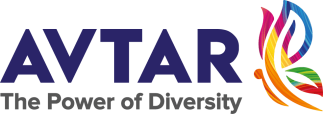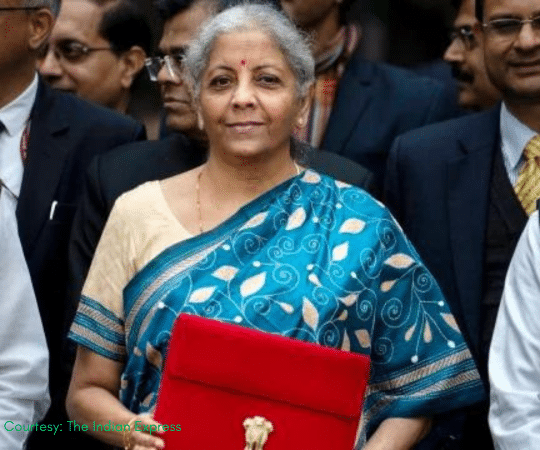Jyoti Singh, Head- DE&I and HR (R&D), Hero MotoCorp, spoke on striving to build equitable workplaces for women in a male-dominated field, at the Best of the Best Conference held recently.
Jyoti Singh was living a comfortable professional life in the clean, organized world of IT. While she had the option to step into the challenging field of automobiles, the predictability of IT seemed far more appealing—until she visited the shopfloor.
The idea of breathing life into a machine sparked a sense of joy and purpose in Jyoti, but it also opened her eyes to the stark challenges women face in male-dominated spaces. From inadequate washroom facilities to long commutes at odd hours, the realities were harsh, but they fueled her determination to make a difference.
Jyoti’s mission to create an equitable workspace for women found perfect alignment with Hero MotoCorp’s principle of “Diversity by design, equity by vision, inclusion by ethos.” She firmly believes DEI cannot be led by just one person—it needs to become an ingrained part of the organization’s culture. For women to thrive in male-dominated industries, systemic and sustainable change was needed.
Rather than stopping at hiring more women, Jyoti and her DEI team focused on building long-term career paths. It wasn’t just about adding numbers but creating a true ecosystem of diversity. Leveraging education became critical to addressing the “leaky pipeline,” where women often drop off mid-career. Internally, accountability became the cornerstone. Jyoti and her team conducted detailed observations of the shopfloor, gaining microscopic insights to develop targeted policies and practices.
The first step was tackling family concerns. Families were invited to see the shop-floor environment and understand the safe, supportive conditions their daughters and wives would work in. Next came practical customizations. For example, planks were designed to adjust conveyor belt heights to suit every woman’s needs, ensuring comfort and equal opportunity.
Beyond physical spaces, Jyoti tackled intangible barriers. Aggressive shop-floor language was softened, creating a more inclusive atmosphere. Women were also given flexibility to transfer between plants to accommodate life changes, while fostering connections across locations. Small but powerful changes transformed the factory floor into a vibrant, colorful environment that reflected a culture of respect and dignity.
These efforts bore fruit. The number of women employees at the factory grew from just 250 to an incredible 5,000. But more than numbers, Jyoti and Hero MotoCorp created a value-driven system where diversity is celebrated, equity is achieved, and inclusion is lived every day—empowering women to not just work, but thrive.






